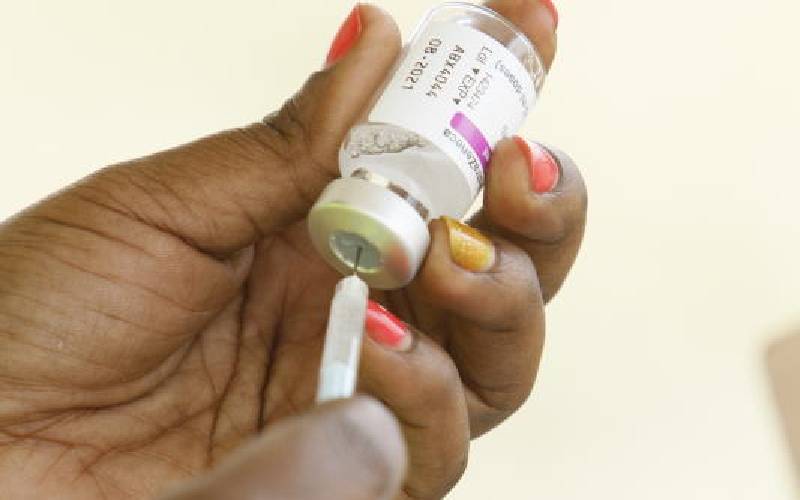
The Covid-19 pandemic has highlighted long-standing healthcare inefficiencies, particularly in primary care. While stretched hospitals in towns are extensively covered on prime time news, the impact on healthcare is uneven across the country.
Although the overall number of ICU beds rose nationally since March last year, towns have a higher concentration. In the villages, where people are equally vulnerable to the virus due to increased job-related exposures and more frequent use of less-regulated public transport, majority lack access to ICU beds.
So, five years from now, would we say we got beyond talking about the merits of universal health coverage (UHC) amid a public health crisis? Is it still feasible to make progress toward this goal? We must not allow pre-existing disparities to exacerbate damages caused by Covid-19.
Gains in the fight against this virus should result in increased access to high-quality health care. As a baseline, the government should be transparent on essential facts.
For example, it should be clear on the number of ICU beds in individual rural facility, which hospital a patient living in a certain neighbourhood can visit and the percentage of the country’s rural areas that lack fair access to a hospital.
This information is critical in persuading hospitals to share treatment demand, particularly from high-risk patients without insurance; channel emergency funds to those who may not be able to scale up their critical care resources; and allocate budget appropriately for purchase of other specialised services and recruitment of specialised healthcare staff.
The policies and interventions tackling systems-level challenges could be huge lifts for health officials and facilities.
However, it could be difficult for example, to persuade hospital directors to attend a meeting on referral pathways when they are dealing with so many other pressing issues.
This pandemic hastened the need for us to effect broader system-level changes by adding a complicated new set of diagnostics, medications, and treatment protocols to current health framework. Unfortunately, the Ministry of Health officials squandered the opportunity.
Nonetheless, we need a framework to help our health facilities protect patients and staff from health threats, encourage more health facilities to comply with certifications and accreditation to increase public trust in the quality of care and ensure they can be reimbursed by the National Health Insurance Fund (NHIF).
 The Standard Group Plc is a
multi-media organization with investments in media platforms spanning newspaper
print operations, television, radio broadcasting, digital and online services. The
Standard Group is recognized as a leading multi-media house in Kenya with a key
influence in matters of national and international interest.
The Standard Group Plc is a
multi-media organization with investments in media platforms spanning newspaper
print operations, television, radio broadcasting, digital and online services. The
Standard Group is recognized as a leading multi-media house in Kenya with a key
influence in matters of national and international interest.
 The Standard Group Plc is a
multi-media organization with investments in media platforms spanning newspaper
print operations, television, radio broadcasting, digital and online services. The
Standard Group is recognized as a leading multi-media house in Kenya with a key
influence in matters of national and international interest.
The Standard Group Plc is a
multi-media organization with investments in media platforms spanning newspaper
print operations, television, radio broadcasting, digital and online services. The
Standard Group is recognized as a leading multi-media house in Kenya with a key
influence in matters of national and international interest.










